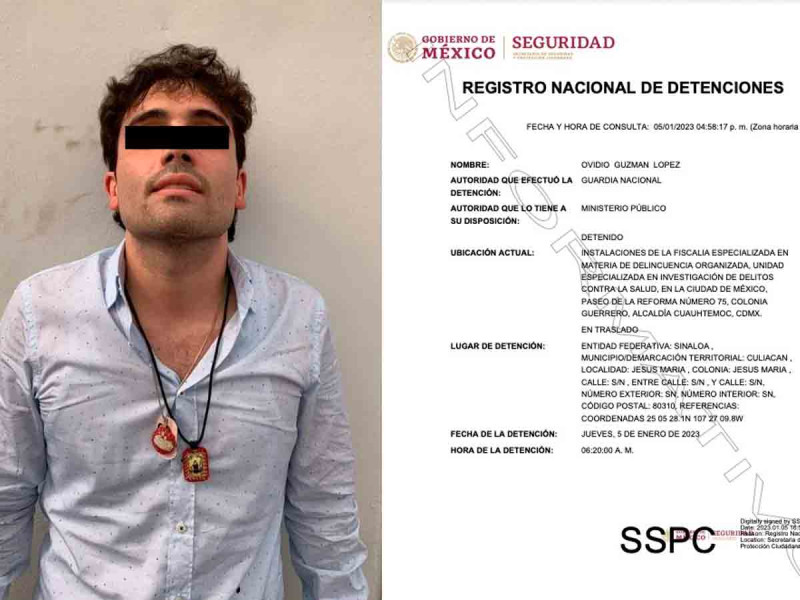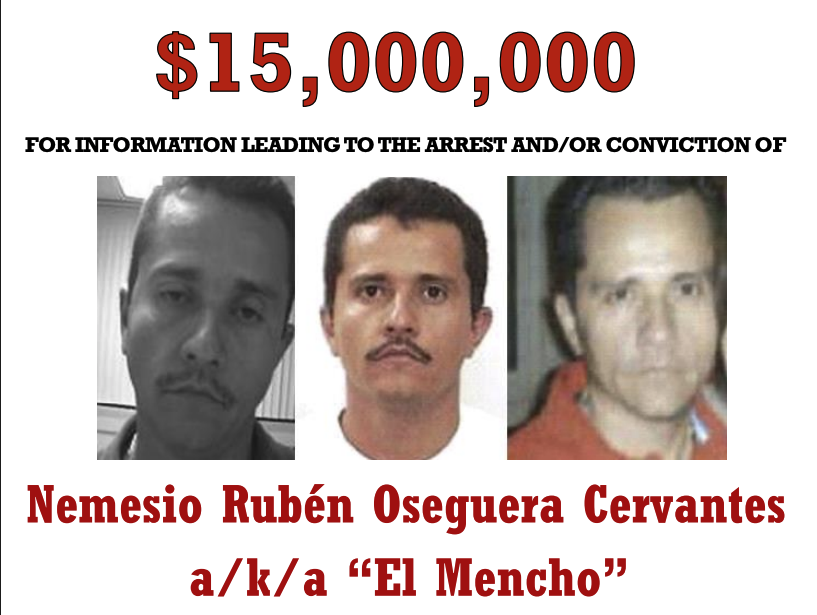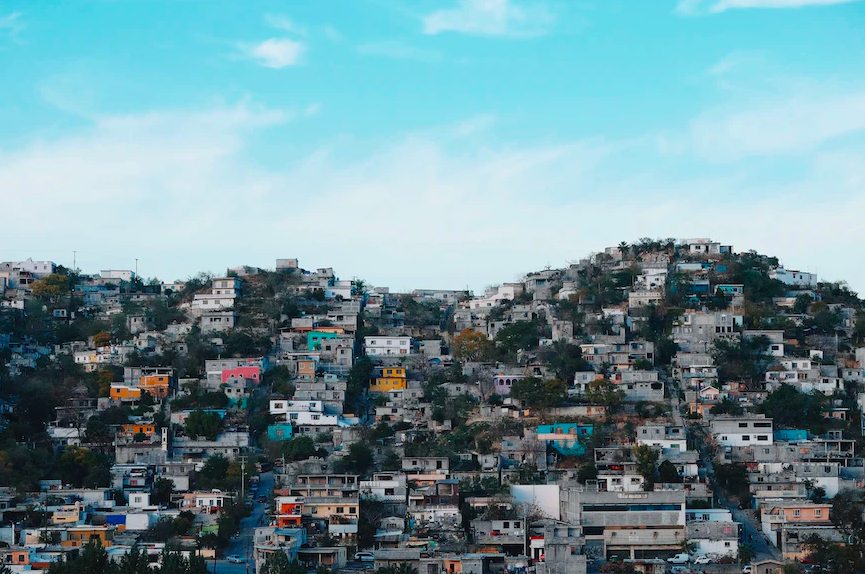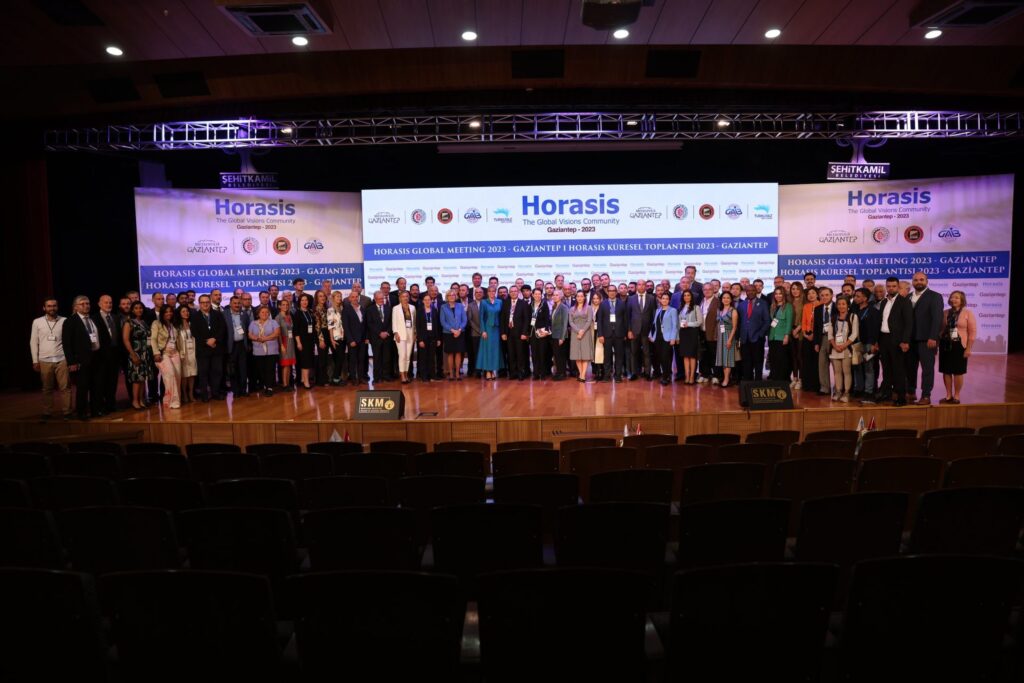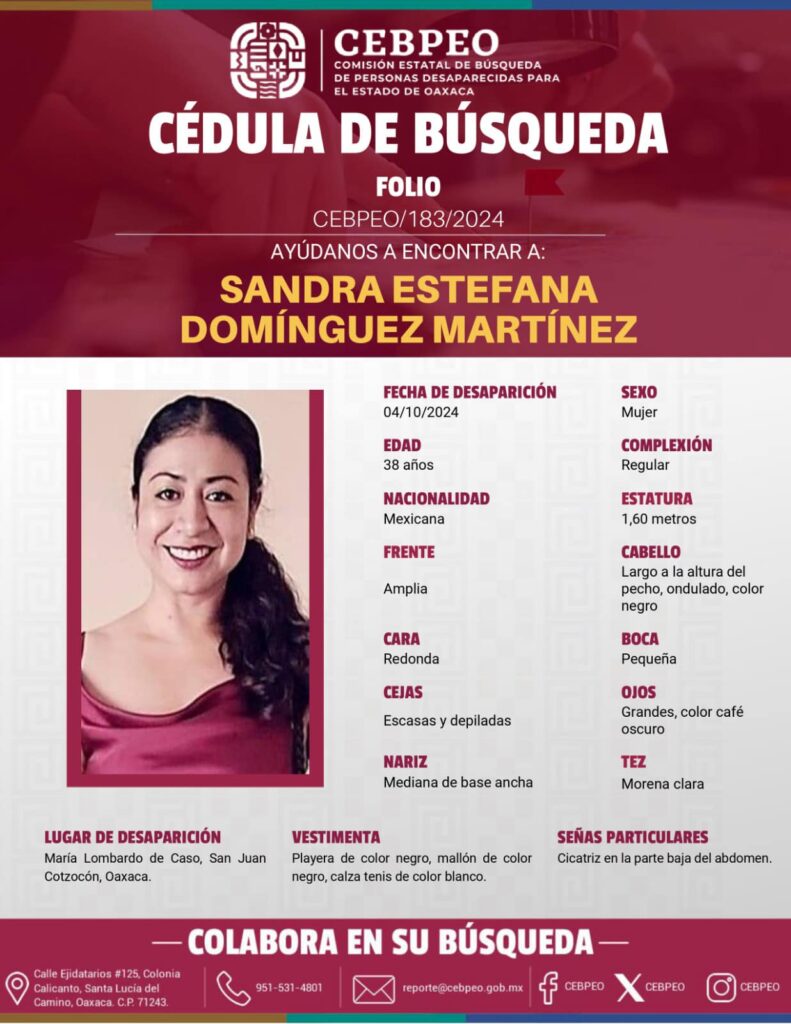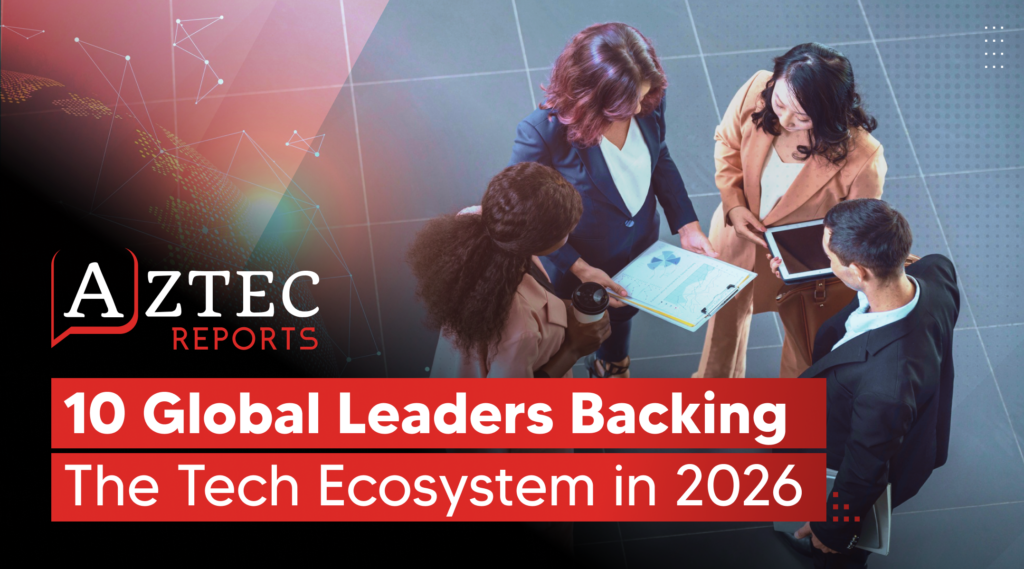Mexico City, Mexico — Following Ovidio Guzman’s second arrest and the violent retaliation from his criminal organization in his home state of Sinaloa, a Mexican judge has halted the Sinaloa Cartel underboss’ extradition to the United States, a request which was filed by the U.S. government in 2019.
After the arrest and faced with an “imminent threat” of violence from Guzman’s allies, the Mexican Air Force deployed a helicopter to transport the 32-year-old cartel leader to Mexico City, where he remains in custody and is awaiting trial.
During the first days of his arrest, the Mexican government dismissed the possibility of a fast-track extradition to the U.S., which wants Guzman to be tried in American courts for drug trafficking.
“There is an extradition request that we have on record, dated September 19, 2019, meaning a request for provisional detention and then the extradition procedure,” said Foreign Minister Marcelo Ebrard.
However, on January 5, a district Judge from Mexico City ruled that the deportation, expulsion, and extradition of Guzman must stop, and he should “not be delivered to the Government of the United States of America, nor any other State.”
On October 17, 2019, Mexican authorities arrested Guzman for the first time. However, he was soon freed at the order of President Andrés Manuel López Obrador, following a violent backlash by Guzman’s organization demanding his liberation.
Months before, the U.S. Department of Justice charged Guzman and his brother, Joaquin Guzman López, with conspiracy to distribute cocaine, methamphetamine, and marijuana for importation into the United States.
Following Guzman’s release in 2019, U.S. authorities issued a reward of USD $5 million for information leading to his capture.
The U.S. interest in Guzman and the past failure to prosecute him in Mexico has led critics to speculate the arrest was carried out under the instruction or intervention of U.S. agencies.
At a press conference, López Obrador denied the accusations and revealed that after Guzman’s liberation in 2019, then-president Donald Trump called his Mexican counterpart and offered him “help.”
“Regarding the interpretations, there are many. We review them, but we do not agree with them because we act with autonomy. I will give you as a background that … when Donald Trump was president, he approached me to offer us support, precisely when Ovidio was arrested and had to be released for the first time,” said López Obrador.
According to Ebrard, the U.S. government’s case against Guzman deals mainly with conspiracy to import drugs. At the same time, Mexican authorities might press charges against Guzman for drug-related charges and firearms-related crimes.
However, he also denied any of the allegations of U.S. agency cooperation.
“So, yes, [extradition] has been requested, and eventually, I imagine they [the U.S. government] will present the evidence. So there is an extradition request, but there is no participation, as far as I know, of any foreign agent in our territory,” he added.
At the press conference, the Foreign Minister said that Guzman’s organization focused on manufacturing and distributing methamphetamine and fentanyl.
As reported by Ebrard, during López Obrador’s administration, authorities seized 178,122 kilograms of methamphetamine and 6,096 kilograms of fentanyl, in addition to seizing 1,223 methamphetamine labs.


